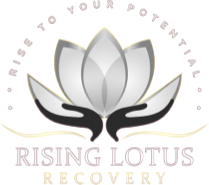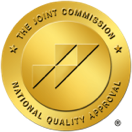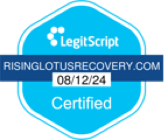Key Takeaways
- Mental health disorders and substance use disorders often co-occur, with over 1 in 4 adults with a mental health condition also experiencing a substance use disorder.
- Diagnosing these co-occurring conditions can be challenging due to overlapping symptoms, making it crucial to seek a team of qualified healthcare professionals with expertise in both areas.
- Effective treatment for co-occurring disorders requires an integrated approach that addresses both conditions simultaneously.
- Common treatments include behavioral therapies, medications, and family-based interventions, often delivered through a combination of inpatient and outpatient care.
Do Mental Health Disorders and Substance Abuse Occur Together?
Mental health challenges and substance use disorders often appear together. Many people affected by substance use disorders experience mental health challenges as a result, and many people affected by mental health conditions also have a higher risk of developing a substance use disorder.
When mental health and substance use disorders develop together, it’s important to get support that fully addresses both substance use and the underlying mental health challenges. There are many forms of support available, from inpatient detoxing to residential treatment, but with any option, it’s vital to seek a team of people who
Why Do Mental Health Disorders and Substance Abuse Occur Together?
More than 1 in 4 adults living with mental health challenges are also affected by a substance use disorder. Some of the most common reasons why they occur together so often include the following:
- Some substances can cause people affected by addiction to experience symptoms of mental health disorders or cause changes in the brain that lead to mental health disorders.
- People affected by mental health disorders may turn to substances as a coping mechanism or a form of self-medication.
- Mental health disorders and substance use disorders share many underlying causes, including environmental factors, personal relationship challenges, and exposure to stress or trauma.
How Can You Tell the Difference Between Substance Abuse and Mental Health Challenges?
It’s not always easy to identify the differences between substance use disorders and mental health disorders, especially because they have so many similarities. That’s why working with a team of professionals who understand the differences between each is so important.
Some of the common symptoms of substance use disorder include:
- Lower attendance or performance at work or school
- Secretive behaviors
- Changes in appetite or sleep patterns
- Unexplained changes in personality or attitude
- Sudden mood swings, irritability, or angry outbursts
- Periods of unusual hyperactivity, agitation, or giddiness
- A lack of motivation
- Appearing fearful, anxious, or paranoid, with no reason
- Sudden weight loss or weight gain
- Sudden change in friends or hobbies
Some of the common mental health disorders that occur alongside substance use disorders include:
How Are Substance Use Disorders and Mental Health Disorders Diagnosed?

Mental health disorders and substance use disorders should be diagnosed by qualified healthcare professionals. In situations where they are co-occurring, it is important to seek out a professional or team of people who have expertise in both. The right assessments can reduce the chance of a missed diagnosis and help ensure comprehensive support is provided.
What Treatments Are Available for Substance Use and Mental Health Disorders?
The right treatment program for co-occurring substance use disorders and mental health disorders will depend on the specific disorders being treated, how much they are affecting the person experiencing them, and other factors. However, in general, there are several common options that include:
- Integrated care that combines mental health and substance use treatment, often coordinated in one place. This may involve behavioral therapies, medications, care management services, or a combination of them.
- Behavioral therapies such as cognitive behavioral therapy, contingency management, and motivational interviewing, all of which can all help individuals build healthy coping skills and management abilities for both mental health and substance use disorders.
- Family-based interventions therapy that focuses on improving family dynamics and communication, and addressing environmental factors that contribute to mental health disorders and substance use disorders.
- Medications that can treat addictions to opioids and reduce the symptoms of mental health disorders.
The treatment for co-occurring mental health and substance use disorders may be provided as a combination of at-home and inpatient care or in a residential setting where patients can get access to amenities that support their continued health and progress. In any situation, the most important part of any treatment program is that it helps ensure individual success even after a person has completed treatment.
Get Support for Mental Health and Substance Abuse
At Rising Lotus Recovery, we provide compassionate rehabilitation and mental health assistance based on our understanding of the relationship between both. We help individuals with personalized care, a holistic understanding of health, community support, and innovative therapy that not only encourages healing and recovery but also helps people continue their success after treatment.
If you have any questions or would like to chat with us about your options, please feel free to contact us. We are here for you.




























